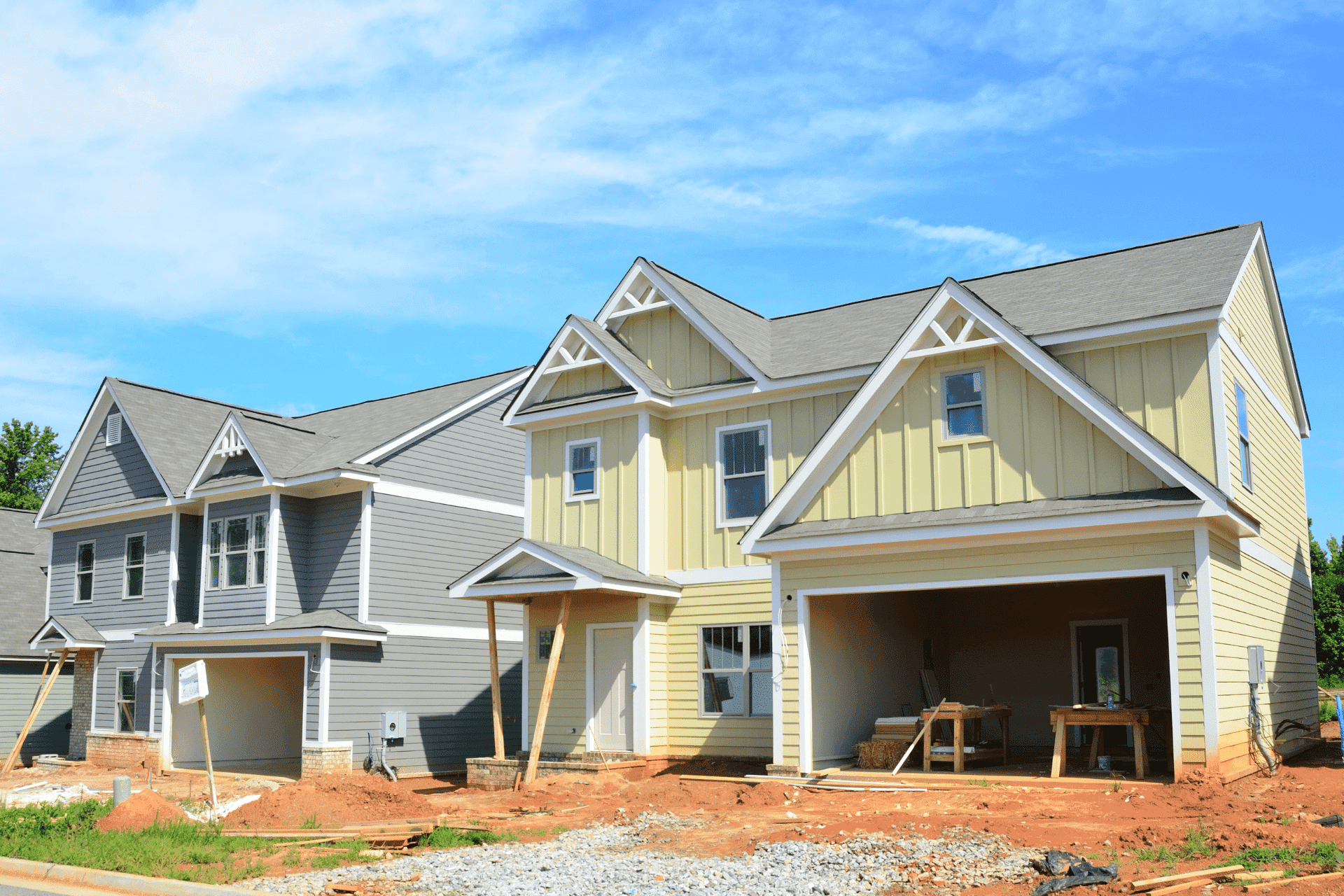
15 Nov Using an Expert in Residential Construction Disputes
Residential construction projects can go awry; when they do, the homeowner and the builder might take steps to secure their position legally. When this happens, it is the responsibility of each party to demonstrate that the other party is at fault. This often requires the opinion of an expert in the residential construction field to help achieve a successful outcome. Here are some essential things to know about construction experts in legal disputes.
What is an Expert?
As with all things in the legal world, a simple term like “expert” has a specific meaning. When a set of facts includes a specialized or technical issue beyond the average person’s understanding, an expert witness, who can demonstrate specific experience and knowledge in that area, can be called to testify before the judge, jury, or arbitrator. There are particular rules about how to qualify a witness as an expert, and the other party has the right to test the expert’s knowledge and attempt to disqualify them if they don’t appear to have the ability to shed specific light on the facts at issue in the case. If they can pass this hurdle, their opinion is given significant weight about the issue at hand.
In the case of residential construction, an expert can be called to testify to any number of issues related to the project. Among other issues, an expert might discuss whether the contractor complied with the deliverables in the contract, the quality of the contractor’s work, whether a specific change was beyond the scope of the original agreement, or whether the contractor complied with industry standards in completing the work.
The Strategic Use of an Expert
Short of testifying in a legal proceeding, a homeowner, builder, or an attorney might want to call in an expert to analyze the project to decide whether or not to proceed with litigation. Their analysis and opinion can also be used to educate a mediator on the strength of the party’s case, which can influence how they guide the parties to a settlement. They can also be subject to a deposition, in which they testify about their likely testimony in court, which can also influence a settlement. By working with an expert sooner in the dispute, a party can gather the information they need to have the strongest argument for their position. Before an expert can testify in court, they must prepare a report that reviews the scope of their testimony, their assessment of the specific factual issues, and the conclusion they plan to testify about in court. This report also can help to drive a settlement.
Who Should Be an Expert?
When looking for an expert in the residential construction industry, it is essential to identify a person with significant experience with the many issues in a project. They should be deeply familiar with the matters about which they might testify, which can range from general to highly specific (e.g., if the case is about the selection of waterproofing material, the expert should be familiar with waterproofing systems, the environmental requirements of the area where the home is being built, and the specific waterproofing that was selected for the house). Experts can supply a CV that clarifies the extent of their expertise, and the party and their lawyer should choose the expert who best fits the subject of the dispute. They should also be sure that the expert has experience with testifying, preparing expert reports, and the sorts of issues that come up in legal disputes.
Biller and Associates have substantial experience in residential construction, resulting in Scott Biller testifying as an expert in cases concerning construction in the Northern Virginia area. He knows every step of the construction process, which allows him to offer a helpful and convincing opinion about the specifics of a case. If you are interested in learning more about these services, contact us today.


